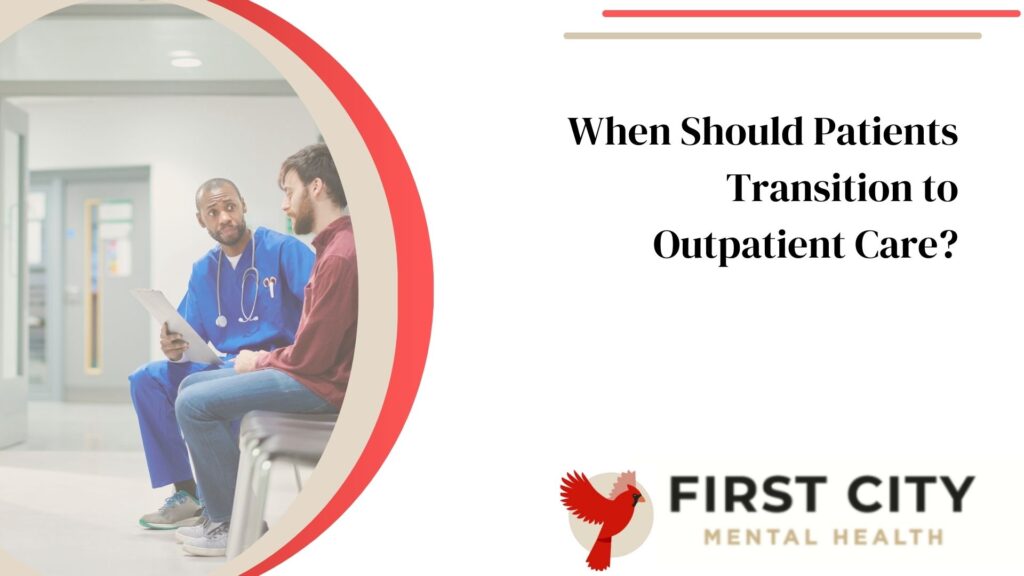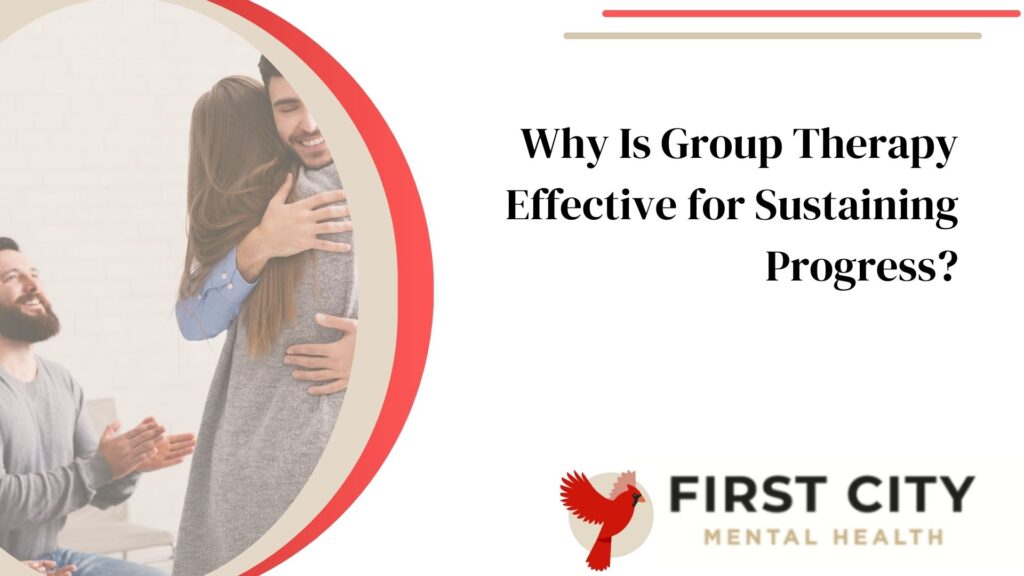
Why Holistic Approaches Are Key in Co-Occurring Disorders Treatment
July 23, 2025
Why Anxiety Disorder Treatment is Vital for Supporting Mental Health
July 27, 2025Dealing with anxiety is hard. Many people feel constant worry and stress. They may not know they need help.
Anxiety disorder treatment can change lives. These facilities offer personalized care to those who struggle daily in Kokomo, Indiana.
This blog will explain the therapies used for long-term recovery and discuss how ongoing support helps maintain progress.
Keep reading to learn more!
Key Takeaways
- Anxiety treatment centers use therapies like CBT, DBT, and EMDR. These help change negative thoughts and control emotions.
- Ongoing support is key for recovery. This includes counseling, family involvement, and support groups.
- Transitioning to outpatient care allows patients to live at home while getting needed help. It helps maintain progress.
- Family therapy improves understanding and support. It boosts the chances of lasting recovery.
- Group therapy creates a community feeling. People share experiences and coping tools, reducing loneliness.
What Therapies Are Used for Long-Term Anxiety Recovery?
Cognitive Behavioral Therapy (CBT) helps change negative thoughts. Dialectical Behavior Therapy (DBT) teaches mindfulness and emotional control skills. Eye Movement Desensitization and Reprocessing (EMDR) focuses on processing traumatic memories.
Medication management is crucial for easing anxiety symptoms with regular checks. Family involvement through therapy boosts understanding and support. Outpatient services offer flexible care options…
They ensure patients get the help they need while living daily lives with anxiety disorder treatment in Kokomo.
How Do Facilities Tailor Treatments for Lasting Results?

What Therapies Are Used for Long-Term Anxiety Recovery? Facilities use Cognitive Behavioral Therapy (CBT), Dialectical Behavior Therapy (DBT), and medication management. These methods help address the root causes of anxiety and develop coping skills.
Anxiety treatment centers create personalized plans, focusing on individual needs. They look at each person’s specific anxiety triggers. This can involve a mix of different therapies like CBT or DBT.
“Effective treatment addresses root causes of anxiety” by teaching coping mechanisms that work long-term.
Early intervention plays a key role in swiftly reducing symptoms. Involving family members boosts support systems, leading to better outcomes. Outpatient services offer flexible care options that fit into daily life schedules, helping patients maintain progress outside the facility.
Why Is Ongoing Support Essential for Anxiety Disorder Treatment?
Ongoing support is key to managing anxiety. It gives those in recovery emotional backing and coping skills. Family involvement also helps by offering a supportive home. Best Anxiety treatment center use therapy, medication, and various services to control symptoms better.
Support groups also play a vital role. They create a sense of community and reduce feelings of being alone. Early help, plus ongoing support, leads to better outcomes and a higher quality of life.
Skilled therapists guide individuals in finding the root cause of their anxiety and creating valuable strategies for coping with it daily.
When Should Patients Transition to Outpatient Care?

Early treatment for anxiety can smooth the shift to outpatient care. It’s best to move patients when they progress in their therapy and daily function. Outpatient services offer flexibility, helping them stay at home while getting needed support.
Transitioning enhances independence and daily activities. Strong family support aids this process. Effective care should combine therapy, medication management, and consistent check-ins.
Joining support groups helps patients build community ties during this transition beyond anxiety disorder treatment facilities.
Where Can Patients Access Follow-Up Support After Treatment?
Patients can access follow-up support through outpatient services. These services provide ongoing care, helping patients manage anxiety symptoms. Support groups also offer emotional help and connection with others facing similar challenges.
Family involvement can enhance recovery by providing understanding and encouragement. Licensed counselors are available for professional support and offer various therapeutic approaches to maintain progress of anxiety disorder treatment.
Transitioning to outpatient care is the next step in long-term recovery…
What Role Does Counseling Play in Long-Term Recovery?
Counseling helps people find and deal with the root causes of their anxiety. It equips them with coping skills needed for long-term recovery. Licensed counselors provide structured support.
They teach stress management and self-care techniques as part of generalized anxiety disorder treatment.
These sessions also involve family members, which boosts recovery outcomes. Counseling aims to improve quality of life by addressing both emotional and psychological factors. This makes it an essential part of anxiety disorder treatment in places like Kokomo’s best anxiety treatment centers.
How Are Family Members Involved in the Recovery Process?
Family support is crucial for recovery from general anxiety disorder treatment. Emotional backing helps individuals cope with challenges. Educating family members about anxiety enhances their ability to provide effective support at home.
Family therapy sessions promote understanding and create a supportive environment.
Involvement of family in treatment can improve outcomes and strengthen relationships. Support groups offer resources and coping strategies, fostering a community for families affected by anxiety.
Early involvement ensures timely support, encouraging individuals to seek help quickly.
Why Is Group Therapy Effective for Sustaining Progress?

Group therapy offers a supportive space for people to share their experiences, reducing feelings of isolation. Participants hold each other accountable, motivating progress.
They exchange coping strategies that help with anxiety disorder treatment Kokomo.
Family involvement in sessions boosts understanding and support. Group therapy creates a sense of community, improving mental health outcomes and long-term recovery. Facilities often combine this with individual therapy and medication management.
Final Thoughts
Anxiety treatment therapy facilities really help with long-term recovery. They offer therapy and counseling that fits each person’s needs. Ongoing support ensures patients stay on track.
Transitioning to outpatient care also helps maintain progress. Patients can access follow-up support easily through groups and counseling. Group therapy shows strong results in keeping anxiety at bay…
Seek help today for a brighter tomorrow!






